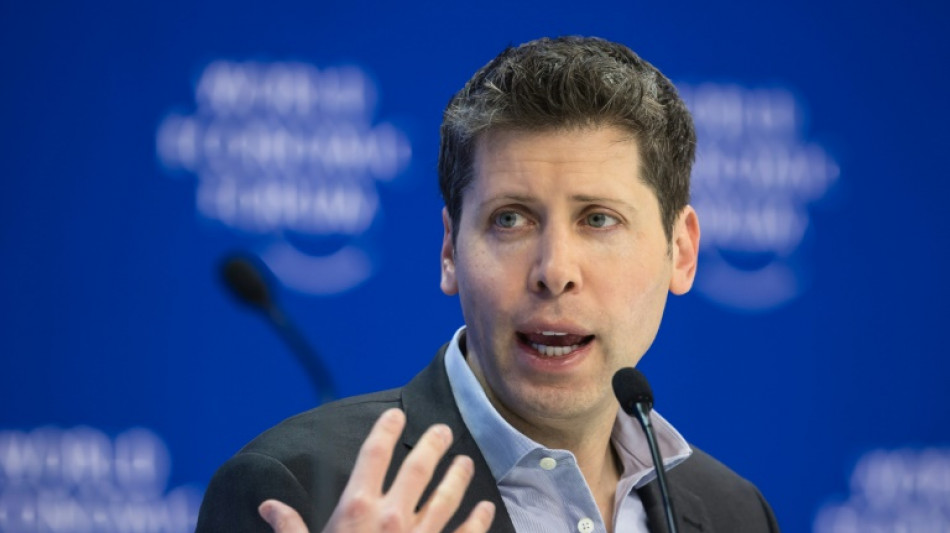
RIO
0.5300


OpenAI chief Sam Altman is seeking to raise trillions of dollars to reshape the global semiconductor industry, and has held talks with potential investors including the UAE government, the Wall Street Journal reported Thursday.
Altman is reportedly looking to resolve some of the biggest challenges faced by the rapidly-expanding artificial intelligence sector -- including a shortage of the expensive computer chips needed to power large-language models like OpenAI's ChatGPT.
The global chip industry is currently dominated by just a few firms, including Taiwan Semiconductor Manufacturing Company (TSMC) and US-based NVIDIA.
While many countries have unveiled plans to support domestic chip production, the financial support they have offered pales in comparison with the vast sums of money Altman has reportedly been discussing with investors.
The Journal estimated that the total cost of realizing Altman's project could be as much as $7 trillion.
This is roughly a trillion dollars more than the market value of the world's two largest public companies -- Apple and Microsoft -- combined.
An OpenAI spokesperson told the Journal the company has held "productive discussions about increasing global infrastructure and supply chains for chips, energy and data centers."
They added that they would "continue to keep the US government informed given the importance to national priorities."
Altman has held meetings with senior government officials from the United Arab Emirates, as well as SoftBank's chief executive Masayoshi Son and representatives from TSMC, according to the Journal.
Both Bloomberg and the Financial Times have also reported on some of Altman's meetings in recent weeks.
Altman has floated the idea of building dozens of chip-fabrication plants in the next few years with money from Middle East investors, and then paying TSMC to build and operate them, the Journal said.
After rising to prominence following the widely-publicized release of ChatGPT, Altman's fortunes have wavered in recent months.
He was briefly fired from his position at the AI firm in November, only to be rehired a few days later after staff and investors rebelled.
K.Yoshida--JT